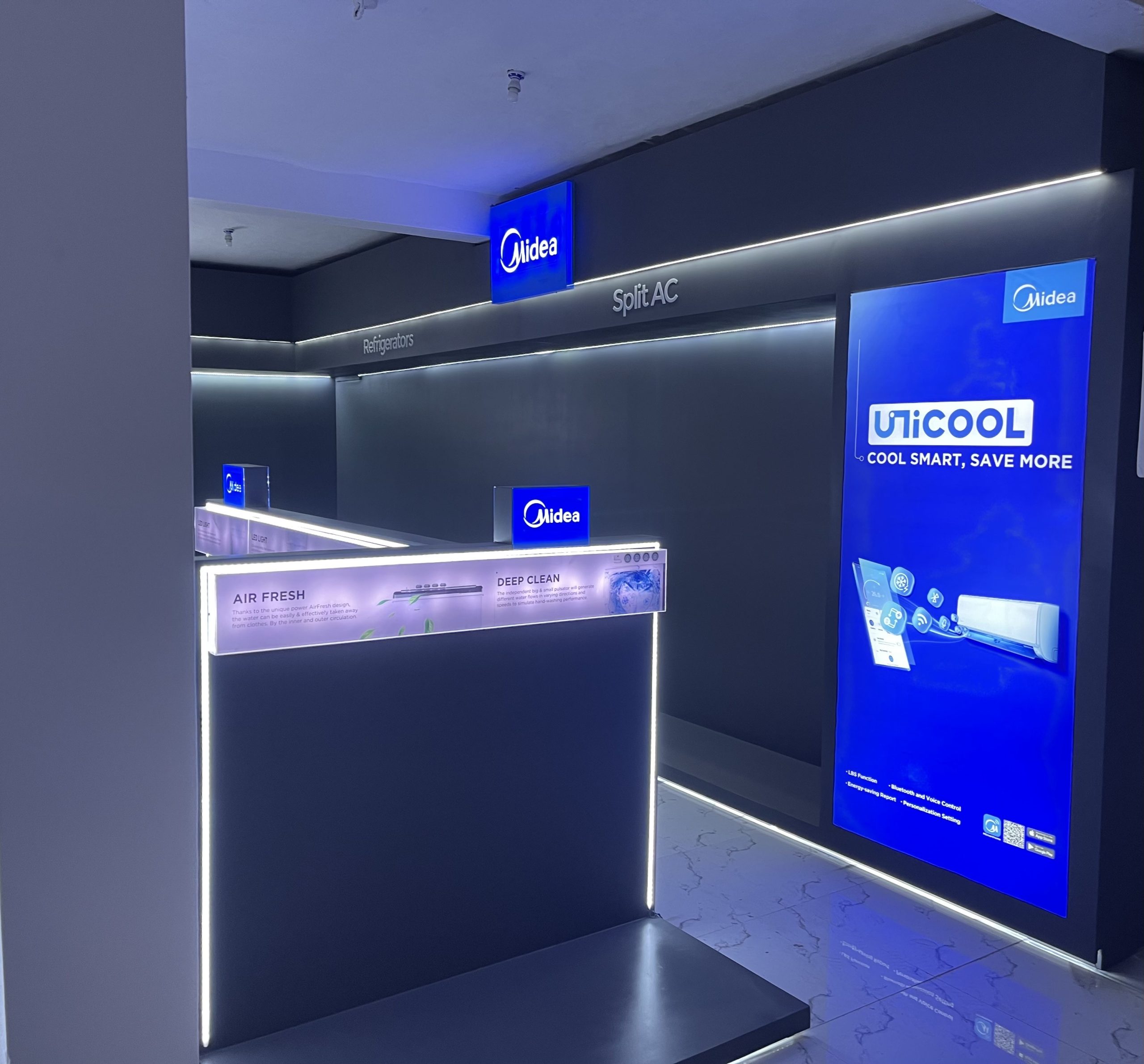The retail industry in Nigeria has undergone a significant transformation in recent years, and the future promises even more change as consumer behaviors evolve. With the growth of e-commerce, technological innovations, and shifting expectations from shoppers, Nigerian businesses and vendors must adapt to these trends to stay competitive. Retail fixtures, sales strategies, and customer engagement approaches will all need to be adjusted to thrive in the future retail landscape.
The Shift Towards Online Shopping
E-commerce in Nigeria has been steadily growing, driven by increasing internet penetration, mobile access, and the desire for convenience. More and more Nigerian consumers are opting to shop online rather than visiting traditional brick-and-mortar stores. This trend has significant implications for retail businesses. Vendors will need to invest in robust online platforms, enhancing user experience, and streamlining the purchasing process to maintain consumer loyalty.
Retail businesses in Nigeria that want to capitalize on this growth will also need to consider the integration of offline and online shopping experiences. This hybrid approach, known as omnichannel retailing, allows consumers to interact with a brand through multiple touchpoints—whether online, in-store, or via mobile apps. Retail fixtures that encourage seamless navigation between these channels will be crucial for maintaining a cohesive brand experience.
The Rise of Personalization
As consumers become more informed and demanding, they expect personalized shopping experiences. Retail businesses in Nigeria must leverage data analytics and artificial intelligence (AI) to offer customized products, targeted promotions, and unique shopping experiences. Vendors can gather valuable insights into consumer preferences, purchase histories, and browsing behaviors, allowing them to tailor their offerings and marketing efforts more effectively.
Incorporating retail fixtures that support personalized service, such as interactive kiosks or smart mirrors, can enhance the in-store experience. This can help drive both sales and customer loyalty, as customers feel valued when their needs are recognized and met by the brand.
Sustainability and Ethical Consumption
A growing number of Nigerian consumers are becoming more conscious of the environmental and social impacts of their purchasing decisions. Sustainability has become an essential aspect of modern retailing, and businesses in Nigeria will need to adopt eco-friendly practices to meet the demands of this increasingly responsible consumer base.
Retailers should consider incorporating sustainable materials into their retail fixtures, such as energy-efficient lighting and recyclable displays. Moreover, promoting ethically sourced products and partnering with vendors who share these values can enhance a brand’s reputation, contributing to both long-term growth and customer retention.
The Role of Retail Fixtures in Enhancing Consumer Experience
As Nigeria’s retail industry continues to expand, the importance of retail fixtures cannot be overstated. These elements of store design and layout play a vital role in creating an engaging and enjoyable shopping experience. From shelves and display units to lighting and signage, retailers must invest in high-quality, functional, and aesthetically appealing fixtures that enhance the overall customer experience.
Incorporating modern, flexible retail fixtures can help Nigerian businesses optimize their space and cater to the changing demands of consumers. For example, modular fixtures allow businesses to adjust their displays according to seasonal trends, product launches, or shifting customer preferences, giving them a competitive edge.
Sales Strategies for Growth
To succeed in Nigeria’s dynamic retail landscape, businesses must continually evaluate and adapt their sales strategies. Whether it’s offering promotions, loyalty programs, or leveraging social media marketing, retailers must stay agile and responsive to market changes.
Vendors and businesses in Nigeria can utilize customer feedback to fine-tune their sales approaches. This feedback could be gathered through social media platforms, customer surveys, or direct interactions in-store. Additionally, retailers should invest in employee training to ensure that staff can provide excellent customer service, which is essential for maintaining a strong competitive position in a crowded market.
Conclusion
The future of retail in Nigeria is bright, but it hinges on the ability of businesses and vendors to adapt to changing consumer behaviors and trends. Retailers that embrace the digital transformation, prioritize personalization, and adopt sustainable practices will be well-positioned for success. Investing in innovative retail fixtures and continually refining sales strategies will be key to driving growth in the competitive Nigerian retail market. By keeping pace with consumer expectations and market demands, Nigerian businesses can ensure that they thrive in the ever-evolving retail environment.
For businesses looking to stay ahead of the curve, Ralinyce Resources and Services offers comprehensive retail services and high-quality retail fixtures that can help enhance the in-store experience. Whether you’re looking for functional shelving, innovative display solutions, or customized retail fixtures that reflect your brand’s vision, Ralinyce Resources and Services provides everything you need to create a modern, engaging, and efficient retail space. Reach out to us today and let us help your business grow in Nigeria’s thriving retail market!










